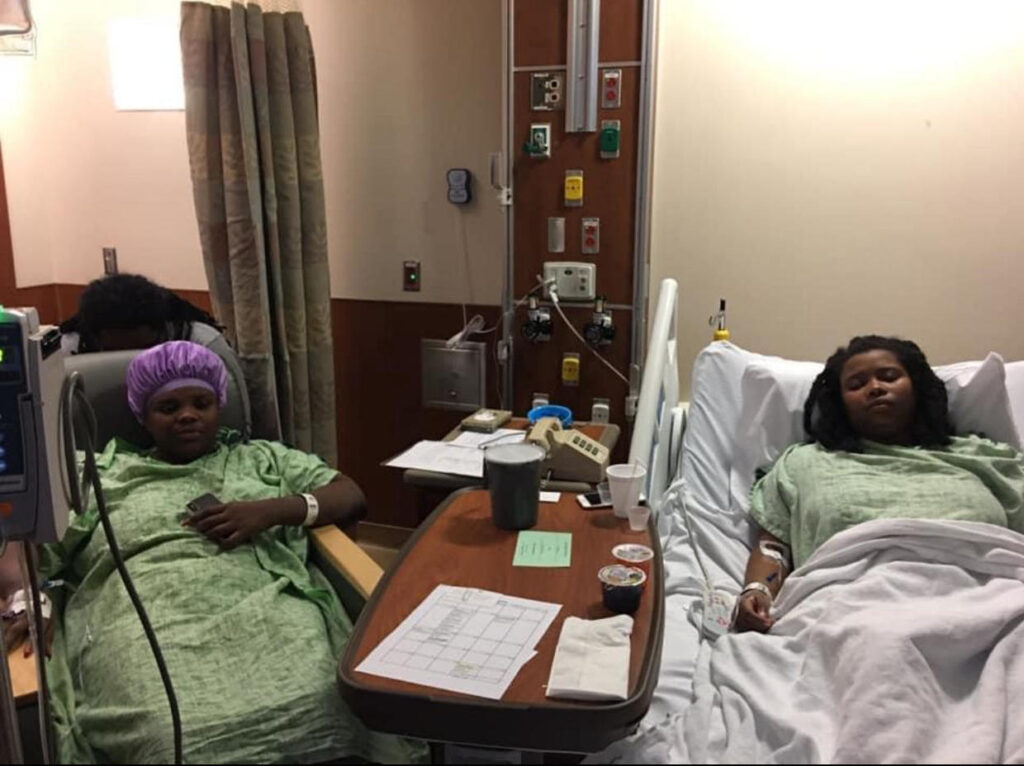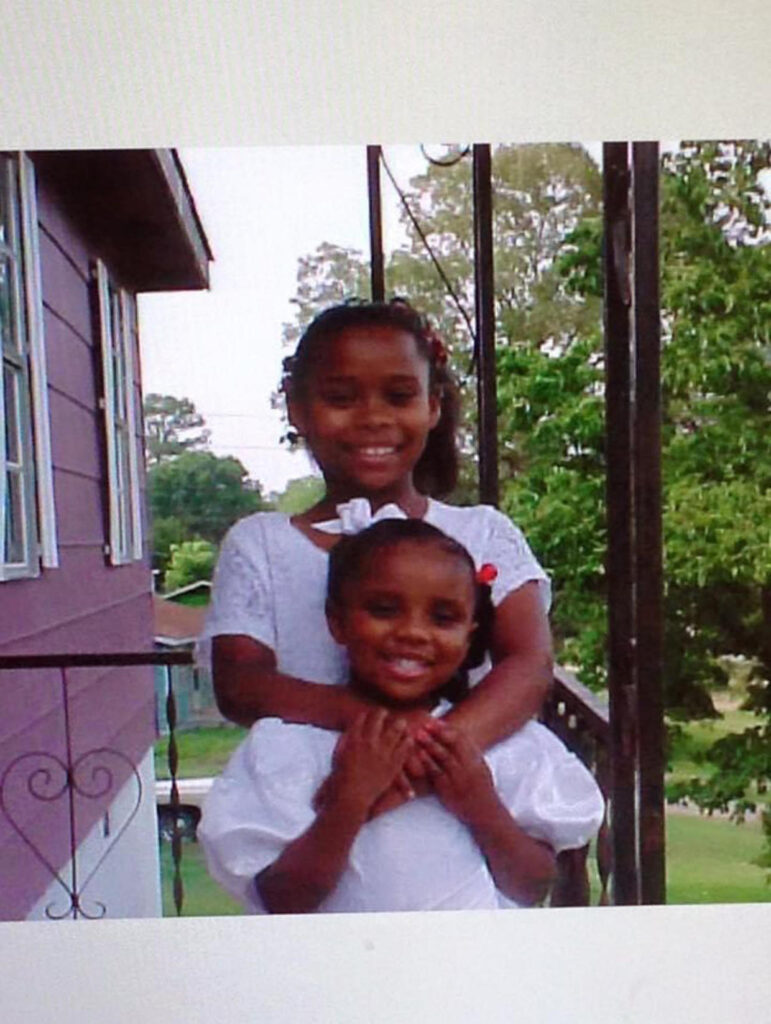Sisters Amaris and Dominique Elston have shared a bond since childhood that only deepened after facing a life-threatening challenge together.
When 18-year-old Dominique was diagnosed with focal segmental glomerulosclerosis, a chronic kidney disease, it soon led to kidney failure. Her older sister, Amaris, immediately stepped in with an offer that would change both their lives: donating one of her kidneys.
Dominique, a senior at the time, saw her health rapidly deteriorate despite dialysis treatments. Her kidney function dropped to just 5%, and the prospect of years on a waiting list loomed over her.
Determined to help her sister avoid that fate, Amaris, who was already interviewing for medical schools, decided to quietly get tested. Upon finding she was a match, she prepared to donate her kidney.
“I knew this was the best option for her to get back to life,” Amaris explained in an interview with CBS. “It was never really a question.”

Tackling Disparities in Kidney Transplants
The Elston sisters’ experience highlights the unique challenges African Americans face when it comes to kidney disease and transplants. In the U.S., about 140,000 people are on the waiting list for a kidney transplant, with Black Americans disproportionately affected by longer waiting times and fewer compatible donors.
Black individuals are more likely to have Type B blood, which limits donor availability, and systemic biases in medical testing had, until recently, made the situation even worse.
In 2019, Black kidney transplant candidates received a long-overdue correction when a flawed test that overestimated kidney function was reevaluated, speeding up their placement on the national waitlist.
However, the need for living donors, who provide faster access to transplants, remains critical.
Amaris’s decision to donate helped Dominique bypass a waiting list that could have lasted five years. In 2023 alone, there were 21,765 kidney transplants, with over 6,000 organs coming from living donors, most of whom were family members.
A Life-Changing Gift
In December 2018, after completing her first semester of medical school at the University of Alabama at Birmingham (UAB), Amaris donated her kidney to Dominique.
The procedure, performed at Vanderbilt University’s Transplant Center, was a success. When the sisters reunited after their surgeries, the change in Dominique was instant.
“Dominique looked like a whole new person,” Amaris recalled. “In less than 24 hours, she was walking around like nothing had happened. I knew I had made the right decision.”

Following Their Calling in Medicine
Inspired by the journey they shared, Dominique followed in her sister’s footsteps into the medical field.
Amaris graduated from UAB’s Heersink School of Medicine in 2022, while Dominique earned her bachelor’s degree in nursing from UAB’s School of Nursing just two years later.
Now, both sisters work in neurology—Amaris as a neurology resident at the Medical University of South Carolina, and Dominique as a neurology intensive care unit nurse at UAB. Though separated by miles, their connection remains strong.
“We’ve been each other’s best friends through our darkest moments,” Amaris said. “This is just another journey we’re on together.”
Their story demonstrates the power of sibling love, sacrifice, and the enduring strength of family!
This was culled from a publication by CBS.
